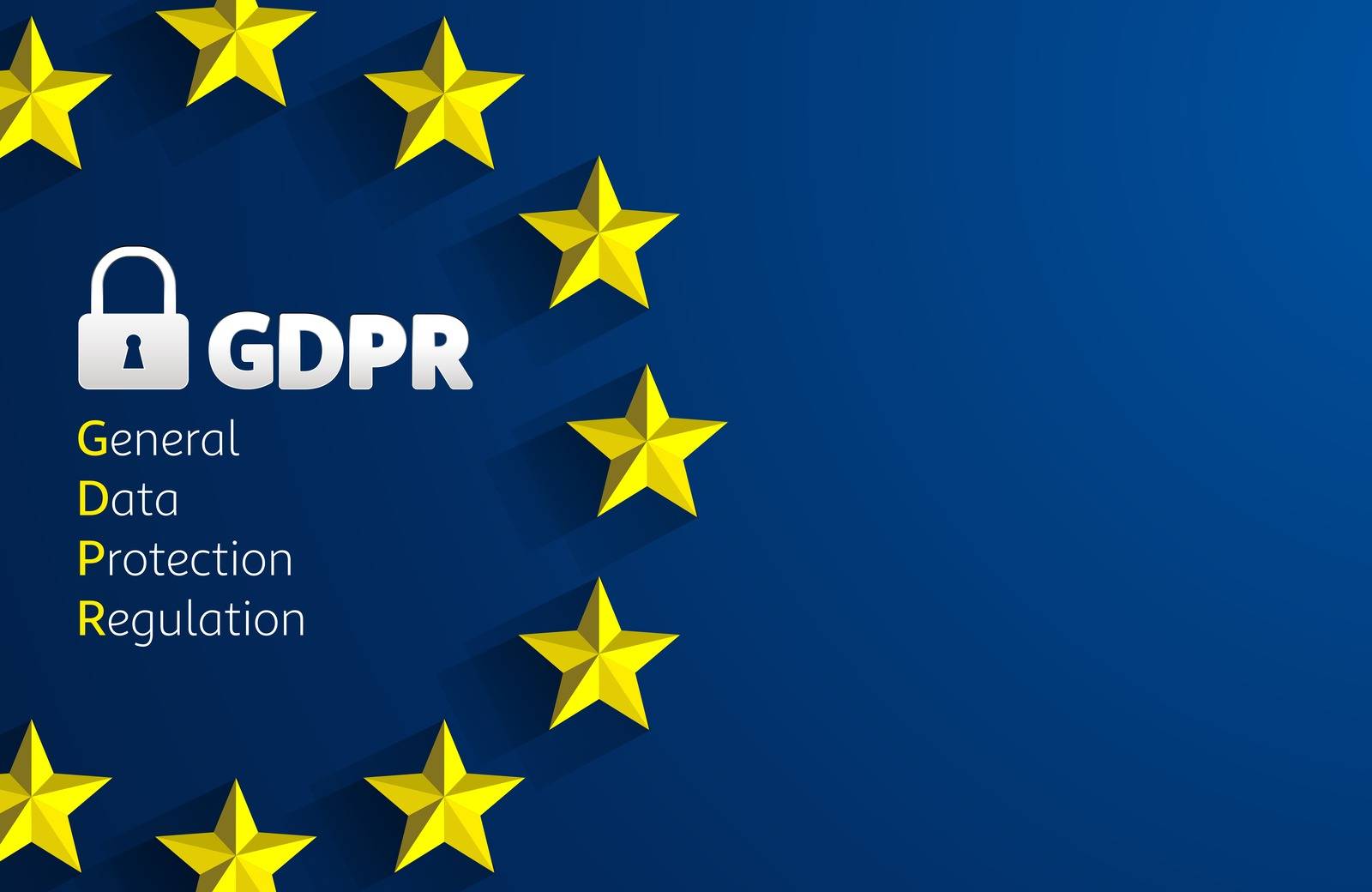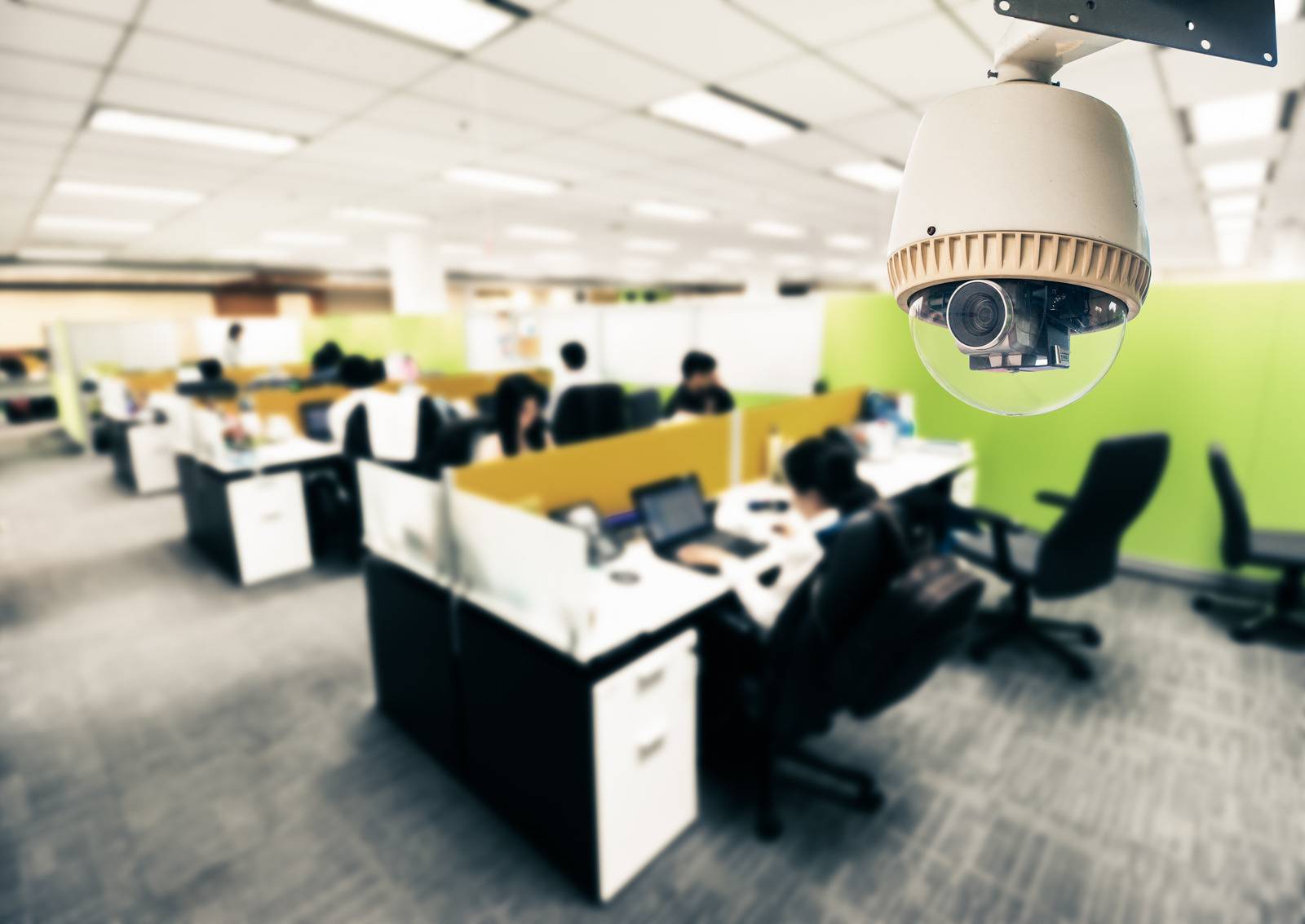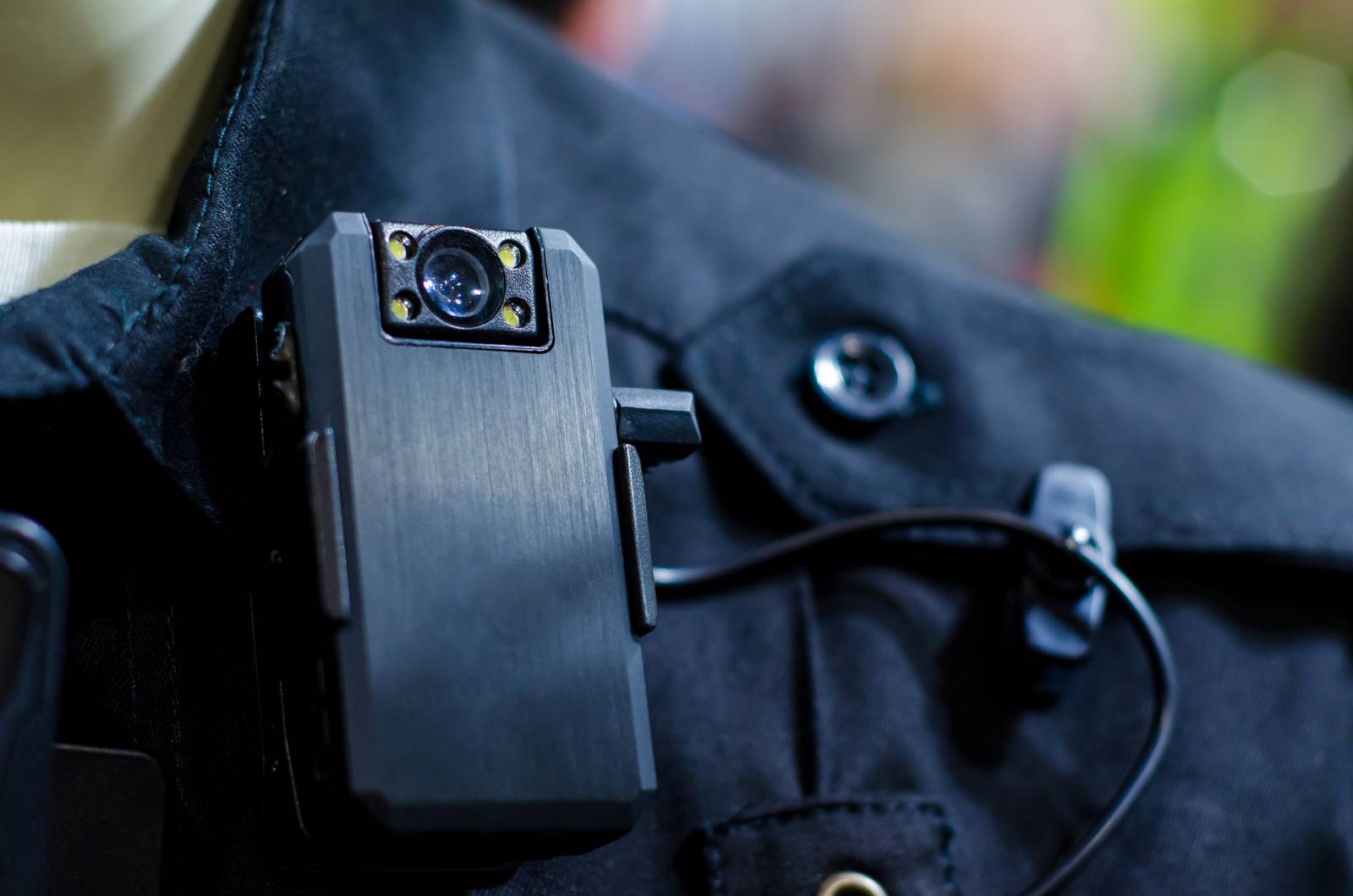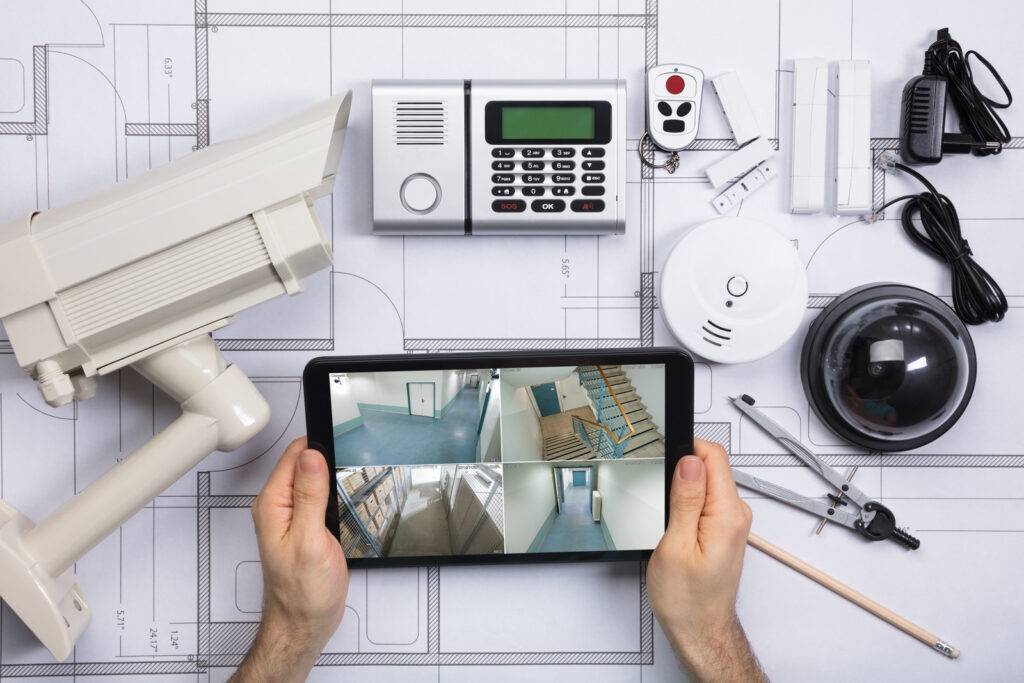CCTV Cameras and Privacy Laws: What You Need to Know
CCTV cameras are increasingly becoming a part of our modern lives, with their presence in public spaces and private properties growing each year.
They provide important security benefits, but they can also have an impact on privacy if regulations aren’t followed.
It is therefore important to understand the legal framework surrounding CCTV cameras and their use with regards to privacy in order to know what your rights and responsibilities are.
CCTV Privacy Guidelines
The use of CCTV cameras is subject to two main pieces of legislation – the General Data Protection Regulation (GDPR), Data protection act (DPA) 1998 and the Surveillance Camera Code of Practice.
These laws provide guidance on how CCTV cameras should be used, in order to comply with privacy rights.
Here are the main guidelines to follow:
1. All CCTV cameras must be installed and used in compliance with the GDPR. This means that they must only record information relevant to their purpose, be clearly visible at all times, and not collect unnecessary personal data.
2. Data collected by CCTV cameras should be stored securely and only used for the purpose for which it was collected.
3. Signage must be displayed at the premises where CCTV cameras are installed, to inform people that recording is taking place and how their data is being used.
4. If requested by an individual in a subject access request (SAR), any video footage taken of them should be provided upon request in a timely manner.
5. If any major changes are made to the system, such as adding new cameras or upgrading existing ones, these must be communicated in advance.
These guidelines are governed by data privacy laws.
The Data Protection Act
The Data protection act 1998 (DPA) is the major law that governs how CCTV cameras and their data can be used.
It states that anyone wanting to use CCTV must have a valid reason for doing so, such as preventing crime or protecting property, and they must inform those in the area that CCTV cameras are present.
The Information Commissioner’s Office, who enforces the DPA, must also be notified of any CCTV systems being used in a public space.
In addition to this, there are additional laws that must be taken into account when installing and using CCTV cameras. For example, the Human Rights Act 1998 states that individuals have a right to privacy and it is not permissible to monitor people without a valid reason.
Surveillance Camera Code of Practice
Another important law is the Surveillance Camera Code of Practice, which sets out specific requirements for CCTV cameras in public spaces and private homes.
This includes advice on where and when to use CCTV cameras, as well as how long any footage should be kept and who can access it.
The code also states that any CCTV cameras used must be necessary and proportionate, meaning they should only be installed when there is a clear need for them.
GDPR
The General Data Protection Regulation (GDPR) is the overarching data privacy law in the European Union. It applies to any organisation or business that collects, stores and processes personal data, including CCTV footage.
Under GDPR, individuals must be made aware of how their data is being used, stored and processed. They also have a right to access, edit or delete their data at any time.
The European data protection board also provides further guidance for organisations on how to comply with GDPR when using CCTV cameras.

What are the 7 main principles of GDPR?
1. Compliance with the law: All data processing activities must be carried out in accordance with applicable laws and regulations.
2. Transparency: Individuals should be aware of how their data is being used and have access to it when necessary.
3. Limited purpose: Data collection should only take place for specific, legitimate purposes that are necessary necessary for an organisations’ activities.
4. Data minimisation: Collecting only the data that is necessary and deleting it when no longer required.
5. Accuracy: Keeping accurate records about individuals and ensuring that any errors are corrected as soon as possible.
6. Security: Appropriate security measures must be in place to protect personal data from unauthorised access or loss.
7. Accountability: Organisations must be able to demonstrate that they are compliant with the GDPR and other relevant laws.
Who does GDPR apply to?
GDPR applies to organisations and businesses that process personal data.
This includes CCTV footage, as it contains images and videos of individuals – even if they are not identifiable.
Under GDPR, these organisations must ensure that data is collected and stored securely, with appropriate technical and organisational measures in place.
Data Processing and Data protection
It is also important to remember that any footage collected by CCTV cameras must be processed in a secure manner and stored securely.
Organisations should have procedures in place to ensure the data remains safe, such as encryption, regular backups and access control measures.
In line with data privacy laws if any CCTV footage is requested or shared with third parties, permission must be obtained from the data subject.
Data Breach
In the event of a data breach, organisations must take appropriate measures to protect any personal data that has been compromised. This could include notifying the individuals affected, changing passwords and updating security systems.
By following the guidelines outlined in this article, organisations can ensure they are compliant with data protection principles and privacy laws when using CCTV cameras. It is vital to remember that any data collected must be used for the purpose for which it was intended and treated with respect.
Although CCTV cameras provide an invaluable security service, their use can also raise privacy concerns. It is therefore important to adhere to all relevant laws and regulations when installing and using CCTV cameras, in order to protect people’s privacy and personal data.
What to do in the event of a Data breach?
In the event of a data breach, organisations must take immediate steps to protect any personal data that has been compromised. These steps include:
• Notifying individuals affected by the breach and providing them with information on how they can protect themselves.
• Changing passwords and updating security systems to prevent further breaches.
• Investigating the cause of the breach and taking steps to ensure it does not happen again.
• Reporting the data breach to the relevant supervisory authority, if required by law.
• Keeping records of any data breaches and investigating any potential misuse of data.
It is important to remember that all organisations have a responsibility to protect personal data and must take proactive measures to ensure that any data stored is secure.
Failure to do so can lead to fines or other legal repercussions. By taking the necessary steps, organisations can protect individuals’ privacy and personal data whilst also ensuring their own compliance with data protection laws.
CCTV Systems in a business Environment
It is important to consider the implications of CCTV systems in a business environment.
Private entities such as companies may use surveillance systems for monitoring their premises or staff, where allowed by law.

Businesses should ensure that any CCTV system installed is used for the purpose for which it was intended and that access is restricted to those who need it.
Businesses should also take steps to protect any footage collected, such as encrypting data.
Confidentiality in an Organisation
Confidentiality agreements and other measures should be put in place to ensure consent and to protect any footage from being shared without permission.
Religious beliefs, cultural practices and political opinions must also be taken into account when recording video footage. This can include ensuring that certain areas are not recorded or that any footage is only accessible to authorised personnel.
Finally, businesses should ensure they are transparent about their CCTV systems and the data being collected. This includes informing customers of the use of CCTV systems in public spaces.
CCTV in public Spaces
CCTV in public spaces or other organisations such as schools, hospitals and other public places should be used responsibly and ensure greater protection.
Data Controllers should ensure that any CCTV system installed has appropriate safeguards in place. This includes ensuring that only authorised personnel have access to the footage collected and that data is stored securely.
Organisations should also consider the implications of using facial recognition technology when installing CCTV systems, as this raises privacy concerns.
Home Security
Home security technology has come a long way, providing added security and peace of mind. An increasing number of home owners are using CCTV systems to monitor their property and deter intruders.
Homeowners should be aware of the laws in place that protect individuals’ privacy and data when installing a CCTV system.
They must ensure they comply with all relevant obligations, including those related to data protection, privacy and surveillance.
Ring door bells and surveillance video cameras are now popular tools used to protect homes.
A ring door bell will alert homeowners to visitors and can be connected to your mobile phone, allowing you to view who is at the door from anywhere.
The video footage captured can also be stored securely online, allowing you to monitor your home remotely.
Surveillance video cameras can provide an additional layer of security, as they make it easier to identify any suspicious activity and alert the police if necessary.
When installing surveillance video cameras in the home, it is important to ensure that their use does not breach any privacy laws.
It is also advisable to make sure the video footage captured by the camera is securely stored, as well as informing neighbours of its use and displaying signage alerting people that a camera is in place.
Professional Installation
Although some surveillance systems can be installed by the homeowner, it can be beneficial to have them professionally installed.
Professional CCTV installers are experienced in setting up CCTV cameras and are knowledgeable on data privacy laws, allowing them to ensure that any system they install complies with current regulations.
Are there any laws on filming in public with a mobile phone?
In most countries, filming in public with a mobile phone is generally considered legal.
However, there are some exceptions to this rule.
For example, some countries have laws that prohibit recording people without their knowledge or consent, while others require individuals to obtain permission from those they are filming before they can do so. It is important to understand the local laws in your area to ensure that you are complying with them.
Also by law you can not film inside government buildings and private properties without explicit consent.
In addition to this, it is important to be mindful of the privacy of others and respect their right to not be filmed, even in public spaces.
Surveillance Security
Surveillance security is used by intelligence services such as the police and military to protect national security information.

Many police officers will wear body cameras while on duty or use drones to monitor large public gatherings.
Intelligence services
Intelligence services also have access to sophisticated surveillance equipment such as listening devices and facial recognition software in order to protect the public from potential threats.
These security measures must be used with utmost caution, as they can easily infringe upon individual’s privacy rights.
The use of surveillance security by these organisations must comply with relevant privacy laws.
Here are some FAQ’s
- What does CCTV stand for? – Closed-Circuit Television
- Is it illegal to have CCTV on your property? – It is not illegal to have CCTV on your property, however you must ensure that it complies with data privacy laws.
- Is wireless CCTV better than wired? – This will depend on your individual needs and preferences. Wireless CCTV provides more flexibility, whereas wired systems provide more reliable performance.
- What camera should I buy for my home? – There is a wide range of cameras available, so it is important to consider your needs and budget before making a purchase.
- What are the privacy laws in the UK? – The UK Data Protection Act 2018 sets out the rules and regulations regarding how data is collected, stored and shared.
- What should I do if there is a data breach? – In the event of a data breach, it is important to take appropriate measures to protect any personal data that has been compromised.
- Is there a monthly fee for ring doorbell? – Yes, there is usually a monthly fee for monitoring the video footage captured by Ring doorbells.
To Conclude
From CCTV cameras to Ring doorbells, surveillance security is becoming increasingly popular for both public and private individuals.
However, it is important to ensure that any system installed complies with the relevant privacy laws and respects the rights of others.
Professional CCTV installation can be beneficial in this regard, as professional installers are experienced in setting up such systems and ensuring that they comply with all the necessary laws.

